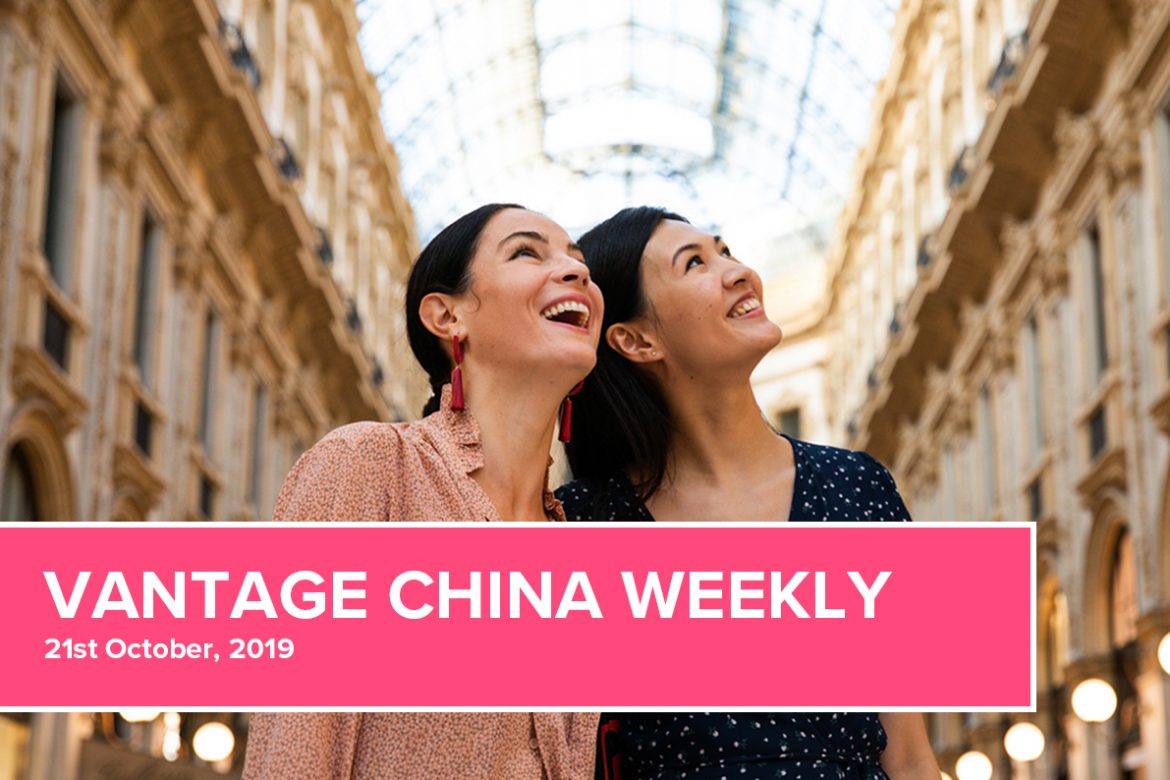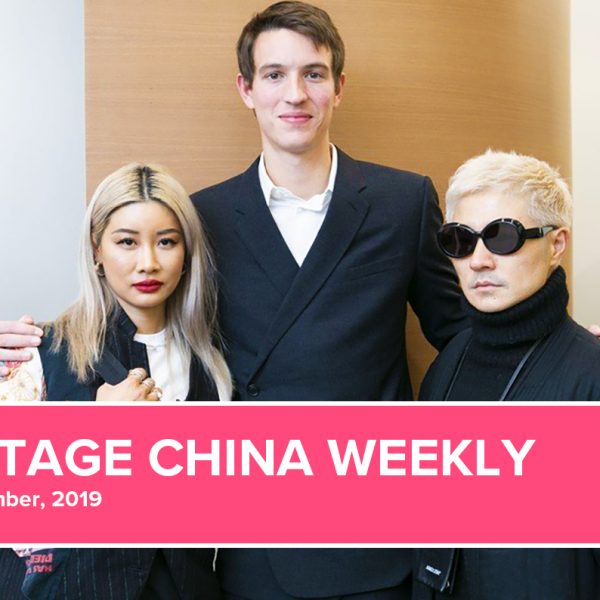
Singapore’s Luxury Apartment Market Is Hot, Thanks to China
The luxury end of Singapore’s residential market is hot, and according to Colliers International Group Inc., it’s because of increased interest from mainland Chinese nationals. In the first nine months of 2019, foreigners bought 315 apartment units located at Singapore’s prime core central region, with Mainland Chinese having purchased 97 of these units, or one-third. “We note that there is more Chinese interest, particularly in luxury homes,” says Tricia Song, Colliers head of research for Singapore.
Read the complete article by Katrina Nicholas and Philip Heijmans at Bloomberg.
Berluti Hong Kong opens its first pop-up store
Berluti Hong Kong has launched its first pop-up store at Harbour City. Established in France in 1895, Berluti now has more than 50 outlets over the world. The Berluti pop up in Hong Kong features a wide selection of men’s fashion items, including footwear, limited editions, and the Spring 2020 ready-to-wear and accessories collection conceived by artistic director Kris Van Assche for the maison. To celebrate the launch, Berluti Hong Kong offered exclusive edition T-shirts in marble print pattern and red logo T-shirts to customers.
Read the complete article by Tong Van at Inside Retail.
Dior apologises for using China map without Taiwan
On Wednesday, the French fashion house Dior received backlash after they accidentally excluded Taiwan from a map of China during a presentation at a university in Hangzhou. Images of the controversial map were shared on Weibo. Shortly after it became viral, Dior issued an apology for the dispute regarding its depiction of China.
Read the complete article by Sabrina Barr at Independent.UK.
Tencent collaborates with YESMILANO to boost Milan tourism from China
Tencent announced its collaboration with YESMILANO, the official promotional agency of Milan, to launch a WeChat Official Account along with a Mini Program to solidify Milan’s status as a must-visit European destination for Chinese tourists. Chinese visitors can now check out YESMILANO’s official WeChat account for more information about the city, including tourist spots, various attractions, and shopping choices. The WeChat Mini Program, which will be launched by the end of the year, will allow visitors to craft their journey in the city, discovering hidden gems, local shops and restaurants, among others.
Read the complete article by Megha Paul at Travel Daily.
Ferragamo pushes Chinese airport store tally to 16 with Beijing Daxing opening
Italian luxury goods house Salvatore Ferragamo has unveiled a large new store at the recently-inaugurated Daxing International Airport which serves the Beijing metropolitan area along with existing hub Beijing Capital International Airport. The luxury brand is taking advantage of the fact that traffic at the Beijing gateway is expected to reach 45 million passengers by 2021, and 72 million in 2025. This new store brings its airport store tally in Mainland China to 16, and the global count to about 100.
Read the complete article by Kevin Rozario at The Moodie Davitt Report.
Chinese Sportswear Brand is Growing Faster than Nike and adidas
A native Chinese company – Li-Ning Sports Goods Co. has become the world’s hottest sportswear brand — at least when it comes to stock market gains. They are “the top performer in on the MSCI Asia Pacific Index and the best gainer among apparel firms globally,” says Bloomberg. Its fashion-forward sneakers – namely, its $225 Furious Rider Ace Sneakers – are stocked by trendy retailers like Montreal-based SSENSE and London-headquartered LN-CC, alongside the likes of Balenciaga’s hot-selling Triple S sneakers, Off-White’s quotation emblazoned, red zip-tie bearing kicks, and adidas’ various Yeezy drops.
Read the complete article by Staff at The Fashion Law.
‘Fierce competition’: C-beauty holds global potential but challenges remain
Chinese beauty brands have more hurdles to overcome before taking the global stage. Chinese cosmetics, or C-beauty, have escalated in popularity thanks to the wave of nationalism that has swept the country. C-beauty uses naturally-derived ingredients (TCM-based and herbal formulas) integrated from Chinese culture, separating them from traditional Western cosmetics. However, C-beauty has several barriers slowing their entry into the global space, including fierce competition, lack of a sustainable vision, and product safety concerns as there are no certification for bio or ‘clean’ beauty products.
Read the complete article by Amanda Lim at Cosmetics Design-Asia.



